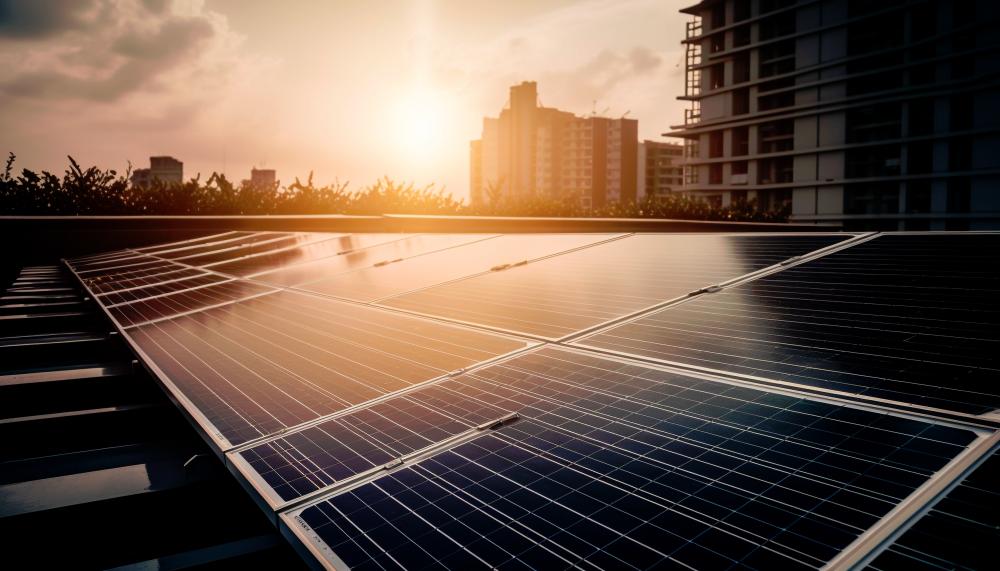KUALA LUMPUR: The use and research of renewable energy, support for research, and the enforcement of environmental management are key aspects that should be prioritised in the 2025 Budget, ultimately driving sustainable growth related to environmental, social, and governance (ESG) factors.
Geoscientist Muhammad Hafeez Jeofry urged the government to promote greater use of renewable energy to replace fossil fuels in the 2025 Budget.
He said that this is essential to reduce carbon emissions that harm the environment and to decrease reliance on increasingly limited fossil fuels.
In an interview with Bernama, he emphasised that the use of renewable energy, including solar and hydrogen power, in Malaysia, is still in its infancy and has not been fully developed, mainly because petrol is still readily available at a lower cost than in many other countries.
“For example, due to high petrol prices in the United Kingdom and China, residents are willing to switch to electric vehicles (EVs), which produce a significantly lower carbon footprint. However, in Malaysia, this transition faces significant challenges due to the lack of electric vehicle charging infrastructure.
“The government should establish more EV charging stations to address this shortage, while simultaneously seeking alternatives to reduce electricity tariffs, facilitating the switch to electric vehicles,” he said.
Given that renewable energy has a significant impact on addressing climate change, the Senior Lecturer at the Faculty of Marine Science and Environment at Universiti Malaysia Terengganu also suggested that incentives or research funds be provided to local universities for research and development (R&D) in this sector.
“Without partnerships with private companies, universities lack the funding to conduct R&D. Therefore, it is crucial to pursue this collaboration to assist academia in conducting studies related to environmental sustainability,” he said.
He also hoped that the 2025 Budget would outline stricter and more effective plastic waste management policies for residential areas, as many still take the matter lightly.
“If necessary, invest funds in local authorities to provide dedicated bins for plastic waste, as this method is more effective than encouraging the public to travel to recycling centres that are often far from their homes,” he added.
Meanwhile, Meor Razak Meor Abdul Rahman, a field officer with Sahabat Alam Sekitar (SAM), stated that the government must allocate funding to enhance the capacity and empower enforcement agencies at the federal level, including the Department of Environment, the Department of Wildlife and National Parks Peninsular Malaysia (Perhilitan), and the Peninsular Malaysia Forestry Department.
He said the funding could increase the number of enforcement personnel, improve the logistics for enforcement staff, such as vehicles and appropriate equipment, and enhance their efficiency and professionalism.
Meor Razak also expressed hope that the government would provide funding to non-governmental organisations (NGO) to promote environmental conservation projects, biodiversity management, and forestry initiatives, such as tree planting.
“For instance, significant funds are allocated to contractors for tree-planting compared to tNGOs, even though these organisations are capable of participating in the initiative.
“In fact, the costs incurred by NGOs are generally lower than those incurred by contractors because they are not profit-driven,” he added.
Regarding funding for environmental education, he noted that NGOs also require government funding to help implement policies related to environmental well-being.
The Budget 2025, themed “Ekonomi MADANI, Negara Makmur, Rakyat Sejahtera”, will be tabled in Parliament on Oct 18 by Prime Minister Datuk Seri Anwar Ibrahim.









